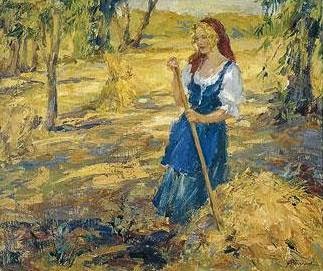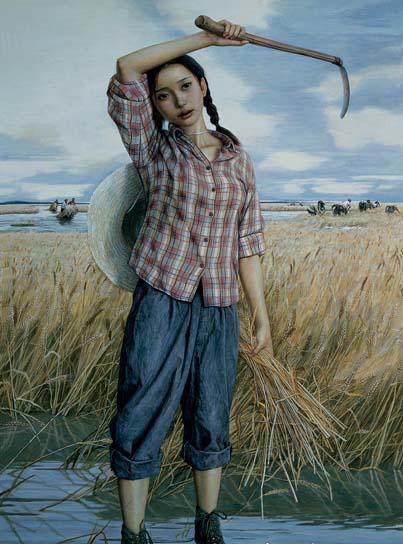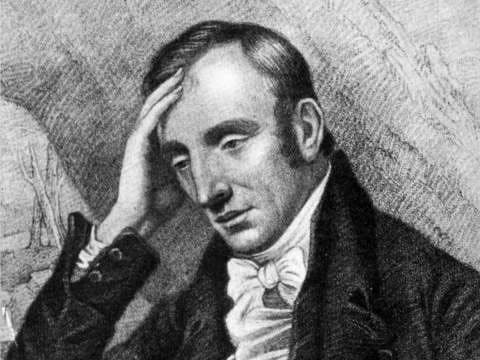In this poem, the poet finds himself caught in imagination, or memory, transfixed near his childhood home. Here, he meets a local character: a beggar whose beauty lies in his being old and is someone whom the poet knew as a child. The burden of existence has caused him to bend over with age, and now he can only look at the ground. The beggar struggles for his existence, making his rounds of the countryside, and is happy to receive money and food from its people.
The Old Cumberland Beggar: Themes
The poem questions the theme of individuals in relation to poverty. Does the effect of poverty take a greater dimension than the cause? Wordsworth questions the ways in which the poor serve us and, in the ultimatum, questions the loss that the community with suffering at the death of the beggar.
Nature does not create the binaries of being rich or poor. The binary is entwined with power relations and the politics of the economy. Each of us has separate identities, and Wordsworth claims that one should be his own master and slave, and not anybody else’s. If the old man means nothing at the end, it must be him who should sweep himself out of consciousness. Yet the argument results in despair, and the poet questions the fundamental concern that we are all worried that humanity is dependent on what we can do rather than what we are in reality. Wordsworth seems to question the looming shadow that grows between desire and destiny.
The poet urges us to look into the inherent beauty that resides in us, especially poignant in the Seven Ages of Man, starting with childhood and ending in death. We are urged to embrace the idea called ‘humane.’ The sauntering horseman, the woman at the turnpike, or the post-boy, harried with business, all show ideas of humility and compassion.
Halfway through the poem, the narrator breaks off his description of the beggar to call his reader into an imagined jury, demanding that they “deem not this man useless.” The argument that follows branches into political figures who the poet thinks consider the beggar to be an absolute nuisance, suitable to be put to warehouses. He considers those whose sympathies are confined to their smug knowledge of familial spaces.
The beggar is the unaccommodated Man, cast away by society. But the poet affirms that the goodness of being is manifested in the absolute, and we are born with its blueprint. The meanest creatures are equivalent to the loftiest one, and we cannot accuse them “without offense to God.”
The beggar is not merely an object of charity but is memorabilia to kindness and seems beyond any philanthropic system. He is a modern Christ-like figure whose action dwells in his suffering. Wordsworth puts the point sharp and pithy: what is there in the “cold abstinence from evil deeds” that can “satisfy the human soul”? The poet contemplates the virtue of love as the medicine to inhumanity. He shows the hierarchy of power and ushers forth on the audience the necessity of well-being to dismantle all prejudiced notions.
Some online learning platforms provide certifications, while others are designed to simply grow your skills in your personal and professional life. Including Masterclass and Coursera, here are our recommendations for the best online learning platforms you can sign up for today.
The 7 Best Online Learning Platforms of 2022
- Best Overall: Coursera
- Best for Niche Topics: Udemy
- Best for Creative Fields: Skillshare
- Best for Celebrity Lessons: MasterClass
- Best for STEM: EdX
- Best for Career Building: Udacity
- Best for Data Learning: Pluralsight












